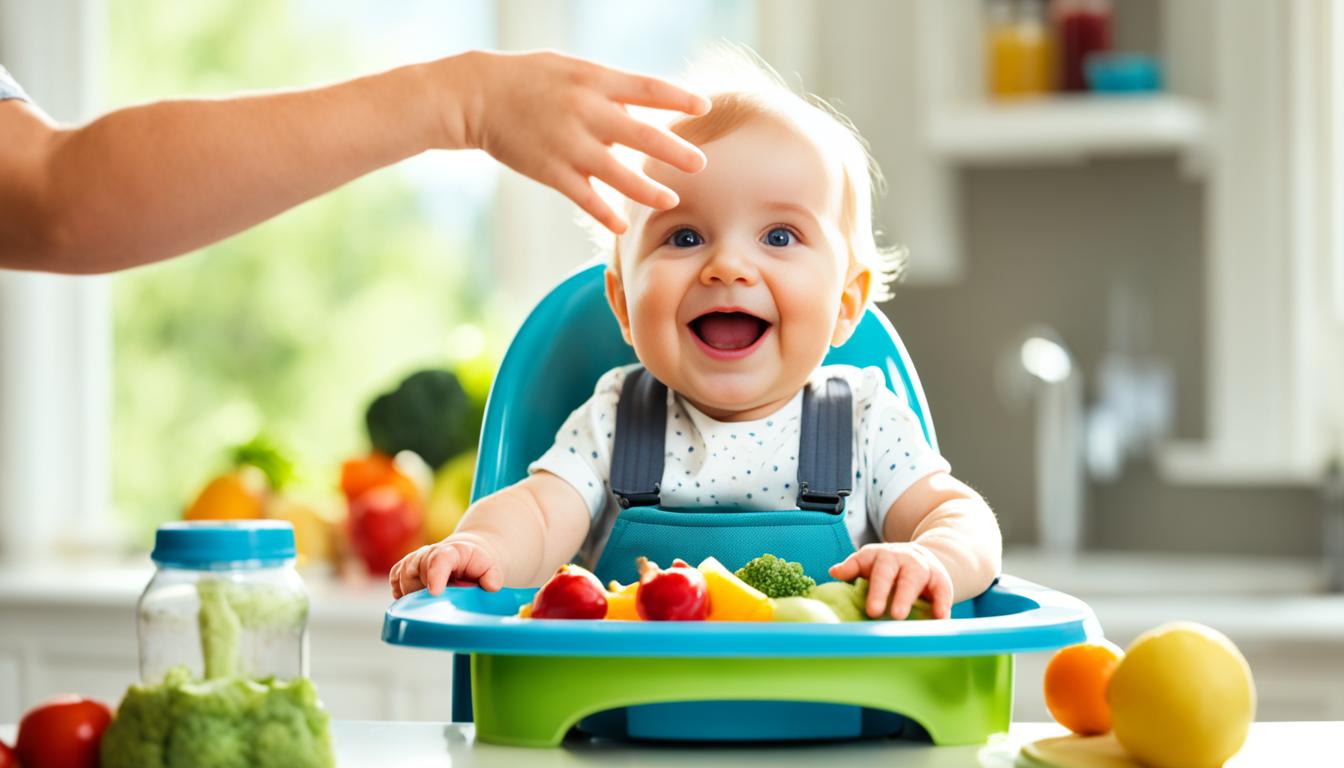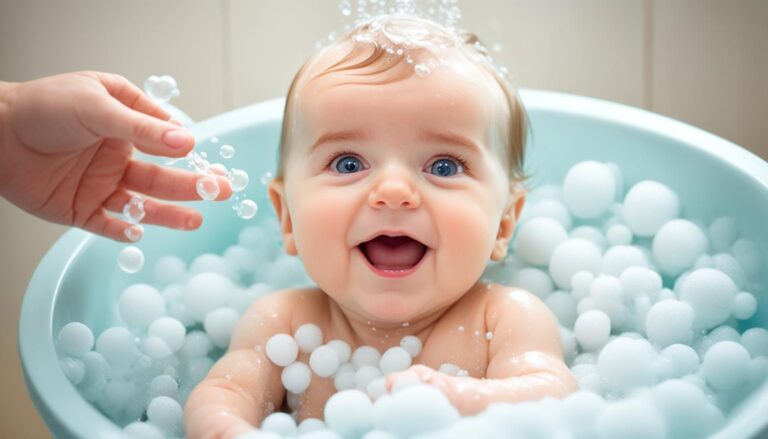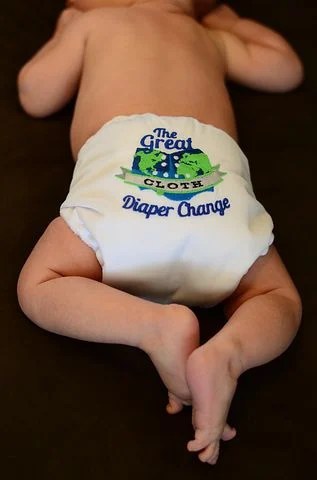Toddler Won’t Drink Milk – What To Do When They Refuse
So, your toddler won’t drink milk and you are wondering what to do. As a parent, it’s totally normal if you get concerned about this and other issues portrayed by your toddler.
And the best way to deal with such situations is seeking help. That’s what this guide is here for – to help you understand the essence of milk to your toddler’s development and what to do if they suddenly refuse to take milk.
As you may know, childhood is a very crucial moment for both the child and parents as well. This is the stage your young one grows and starts becoming more specific on his/her preferences.
Therefore, your child may even start being lactose intolerant as early as now when they are still toddlers. So, what should you do if your toddler refuses to take milk?
One thing is for sure; don’t try coercing the idea to them. Instead, seek to understand why they are refusing to take the milk in the first place.
Reasons Why Your Toddler Might Refuse to Drink Milk
- They Prefer Nursing
Choosing between breastfeeding and the bottle is a tough choice for your toddler. This is especially if you are consistently switching between the two.
As a result, your toddler may refuse to take the bottle because they prefer nursing. Remember, nursing is more calming and your baby gets to create a bond with you as you both cuddle while breastfeeding.
Similarly, your baby might also be experiencing a growth spurt and need some extra love from you. When this happens, your toddler will refuse taking milk from the bottle even if they have been on a good course with the bottle.
If you notice that your toddler prefers nursing over bottle milk, try having someone else feed them the milk. It’s easy for your child to refuse taking milk when you are the one administering it.
That’s because a toddler already has your scent in his/her system and can easily smell your milk when next to them. However, there is a better chance of your toddler accepting bottle milk when fed by other people.
- Not Hungry
It’s obvious that your toddler won’t drink milk if they are full, especially if you’ve already started them on solid foods. That’s because solid foods are rich in calories and will mostly keep your child’s hunger needs satisfied.
So, your child may easily start showing milk aversion if you decide to include more solid food in their diet. Under no circumstances should you force them to take milk if they refuse to with the first or second try.
Your toddler might be full and lack a way of explaining it to you. And forcing more intake into their system might easily cause them discomfort and a frustrating experience.
Therefore, you need to give your toddler sometime after eating before offering them a bottle of milk. This will prevent any stomach discomforts or a great milk aversion from your toddler.
To counter this, you can try giving your child some milk before offering them solid food every time. This ensures that they have enough milk intakes before and even after meals.
- Nipple Flow
Sometimes your baby’s milk refusal habits might be entirely subjective to their nipple flow preferences. Usually, younger children can’t handle a bottle with a faster nipple flow.
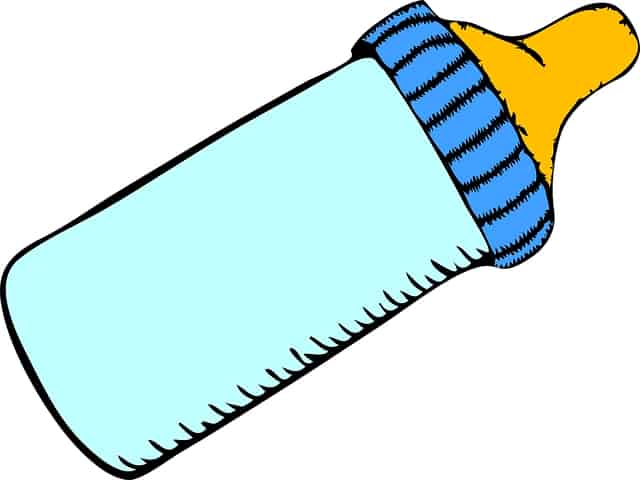
Besides that, younger toddlers need to be fed milk with bottles that have a slower nipple flow for better acid reflux and paces. If not, they might easily refuse taking milk just for the reason that the nipple flow isn’t working for them.
Therefore, ensure that you start your toddler with a bottle that has a slower nipple flow when they are younger. You can change to a faster nipple flow bottle as they get older, but you should still be observant of their reaction.
- Change of the Milk Taste
This might be a hard one to spot but your child may also refuse to drink milk as a result of the change in taste. Note that changes in taste may be brought about by many things such as the milk’s temperature.
Your toddler may refuse to drink milk if they notice that it’s either too warm or too cold. If this is the case, then you’ll need to ascertain the best temperature that your baby mostly prefers.
Other than that, the mixture ratio of the milk might also be another reason why your toddler won’t drink milk. A higher or lower level of dilution when preparing your child’s formula will most likely impact their drinking habits.
Like temperature, you also need to be mindful of what level of the formula concentration your child likes. When you do this, you’ll save you many worries and give your toddler what they require.
Lastly, breast milk may also experience a difference in taste during the freeze and thaw duration. This will easily influence your toddler’s milk drinking habits and mostly negatively.
- Teething
This is the worst for both the baby and his/her parents. Teething is a painful process that every toddler must get through and it usually comes with some negatives.
One of the most common negatives is your baby’s refusal to drink milk. During teething, your child’s gum experiences some tear and a bit of soreness.
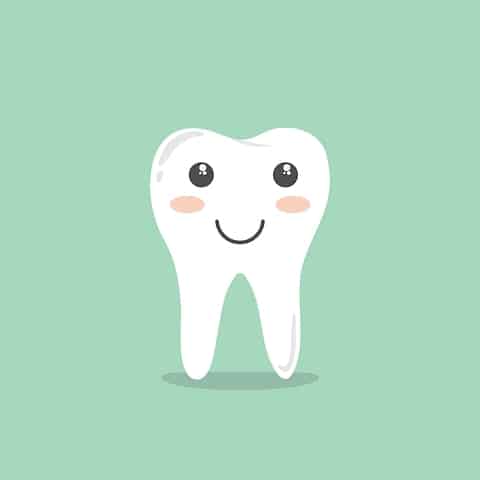
It’s a painful process and the worst thing would be to add more salt to the wound. But because your toddler needs to suck the milk out of the bottle’s nipple, they inevitably end up feeling more pain.
Teething may cause your toddler to reject anything that they have to suck with their gum up their mouth. So, you need to find the best teething pain relievers for your toddler’s pain relief.
Minimizing your toddler’s pain during teething gives them a better and peaceful chance to continue drinking milk from the bottle. Milk popsicles are among the best ideas to help ease your child’s teething pain, while ensuring they take in some milk at the same time.
The Importance of Milk to Your Toddler
As you may know, most parents are advised to only breastfeed their child for about six months straight. Afterward, they can start introducing solid foods to their baby but not rapidly.
This shows that milk is an essential part of your toddler’s development considering that it’s what they mostly consume with their first year. Therefore, you need to ensure that your toddler gets adequate milk supply for better results.
So, what are the benefits of drinking milk for your toddler? Below are the main reasons why your toddler needs to take some milk consistently.
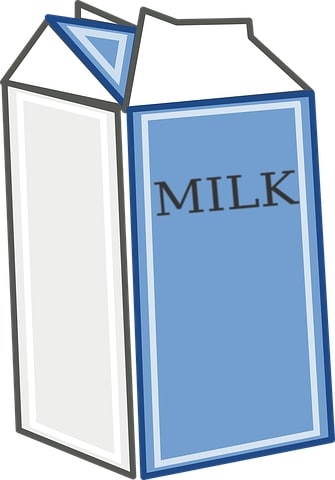
- Milk is a Source of Calcium
Calcium is an essential element for your toddler’s development. It helps in bone growth, metabolic function, and proper muscle development as well.
Similarly, milk also adds positively to your child’s neurotransmission development. And considering that milk plays a huge part in developing your child, skipping a beat might affect them negatively.
- Source of Protein
Like calcium, protein is also highly essential for your child’s bone and muscle growth. Additionally, protein also ensures that your toddler’s bone and muscle development have enough energy to keep growing.
Aside from calcium, milk is also rich in a significant amount of proteins. Therefore, your toddler needs milk to give them the energy and strength they need to keep developing their bones and muscles.
- Fat and B Vitamins
Milk is rich in fats and when converted, fats give your toddler the energy they need to get through the day fully energized. Additionally, milk also contains B vitamins including vitamin B1, B2, B5, B3, B6, and B12.
These vitamins are very crucial and play an important role in your toddler’s overall health. That’s because B vitamins help in the following areas of your child’s health:
- skin
- metabolism
- energy
- iron levels
- vision
- nervous system
- fatigue reduction
- maintenance of blood cells
- normal psychological function
- and your toddler’s immune health
Vitamins A and D
Vitamin A helps your toddler with vision, immune system, and gene expression as well. Additionally, milk is also rich in vitamin D, which further improves calcium intake for your toddler.
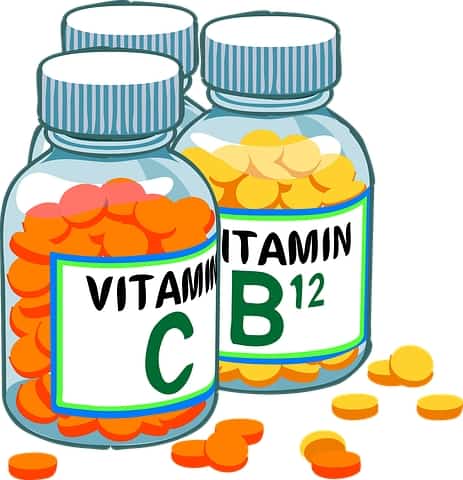
Vitamin D also helps in blood calcium maintenance, calcium metabolism, and phosphorus balance in your toddler.
Milk is a Source of Iodine
It’s obvious that most parents want a cognitive functioning child, and that’s what Iodine is capable of delivering. Milk features a significant amount of Iodine, which also helps in metabolism, thyroid regulation, and the nervous system, among many more.
Other essential elements in a toddler’s growth and health that are found in milk include:
- Magnesium for bone metabolism
- Potassium for muscle function, normal blood pressure, and the nervous system too
- Phosphorus
- Zinc for gene regulation
- and Selenium as well
So, how much milk should your toddler drink a day to ensure they get above mentioned nutrients?
- 1-3-year old’s – 350ml formula, cow’s milk, or breast milk
- 6-12 months – 500-600ml of formula or breast milk
What You Can Do if Your Toddler Won’t Drink Milk
As you’ve seen, milk is an essential product for your child’s development in so many ways. It helps in improving and maintaining vitamins, proteins, and improves neurotransmission as well.
So, your toddler will be missing a lot if they decide to skip that glass a day. For that reason, you need to find an alternative to milk so they continue receiving the daily dose of nutrients and vitamins.
To help you through this, below are some of the alternatives to milk that can deliver significant amounts of calcium, vitamins, and proteins to your toddler.
- Vegetables
Green and leafy vegetables have been and continue to be healthy additions to any diet, even in grown-ups. However, not all leafy greens are good for your toddler’s development.
Greens like broccoli, kale, collards, mustard greens, and even turnip greens are essential calcium sources. Additionally, spinach is also rich in calcium but interferes with calcium absorption because it is also high in oxalic acid.
You can add a bit of chopped up greens to your toddler’s solid meals such as scrambled eggs and even their snacks. It ensures that they have fun while eating as you’ve introduced the greens in a polite and light approach.
- Cheese and Yogurt
It is possible for you can pair cheese with your toddler’s snacks like the crackers or fruits. Additionally, you can also give yogurt to your toddler as a dessert after they’ve had their meal and refused to take milk.
As you may know, both yogurt and cheese are dairy products and they are also full of calcium. This makes them great alternatives to milk as your toddler will have a different way of juicing up on calcium.
And if your toddler isn’t a fan of any dairy product, you can try sneaking cheese into some of their favorite meals as explained earlier.
- Beans and Nuts
Here, things like sunflower seeds, Brazil nuts, dried beans, and almonds are rich calcium sources. So, if your toddler won’t drink milk, you can try using either of the mentioned products to ensure that your toddler still receives the required amount of calcium.
- Vitamin D
This is also another essential vitamin in your child’s bone development. Vitamin D is also another component in milk and helps in calcium absorption.
If your toddler won’t drink milk, try incorporating sun-time into their daily activities. Sun can provide them with natural Vitamin D to ensure that they get an adequate amount of calcium absorption.
- Salmon
Like milk, salmons are also rich in vitamin B12 and vitamin D as well that helps in calcium absorption as earlier explained. This makes them a great alternative to drinking milk as it will give your toddler enough vitamin and calcium intake.
Conclusion
In conclusion, there is a lot that you can do if your toddler won’t drink milk. But first, it’s always necessary to find the root of the problem before working on the solution.
And as you have seen, there are plenty of reasons that might cause your child to stop taking milk. Most of them are easily maneuverable and you can find a way to feed them milk eventually.
However, you can always seek medical advice if you notice a strong or allergic aversion to milk from your toddler. Milk is important for your toddler’s growth and development and refusing to drink it may affect their overall growth and development.




